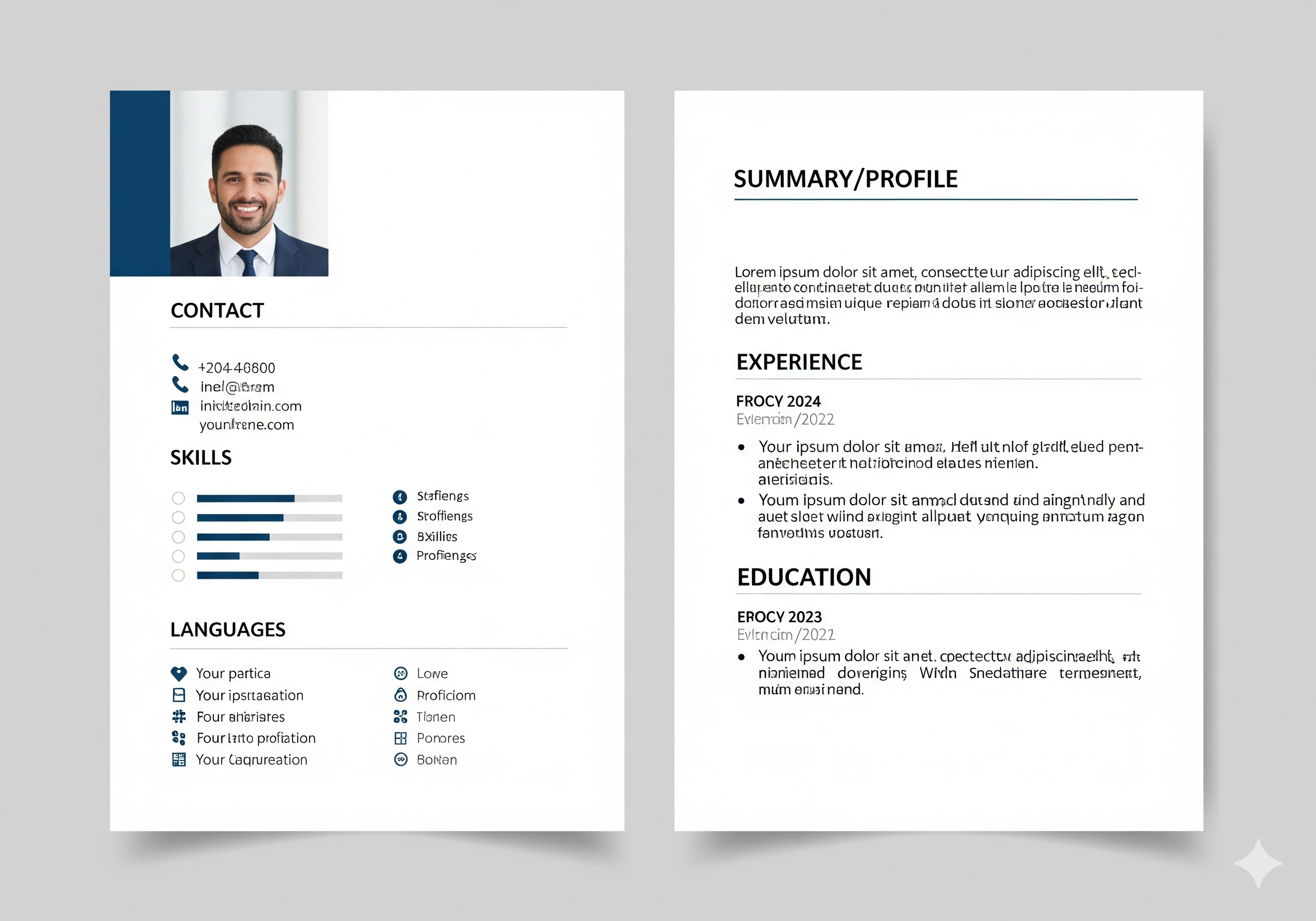



Introduction
Preparing for a job interview can be nerve-wracking, especially when faced with a barrage of questions that seem designed to trip you up. However, understanding the reasoning behind these questions can demystify the process and help you craft more effective responses. In this blog, we’ll delve into some commonly asked interview questions, explore why employers ask them, and provide tips on how to answer them confidently.
1. Tell Me About Yourself
Why They Ask: This question serves as an icebreaker and gives the interviewer a snapshot of your professional background, skills, and experiences. It helps them gauge how well you articulate your career journey and fit the role.
How to Answer: Keep your answer concise and focused on your professional life. Start with your current position, highlight key achievements, and briefly touch on your career progression. Tailor your response to align with the job you’re applying for.
Example: “I’m currently a marketing manager at XYZ Corp, where I lead a team of five in developing and executing digital marketing strategies. Over the past three years, I’ve increased our social media engagement by 40% and boosted online sales by 25%. Before that, I worked at ABC Inc., where I gained extensive experience in content creation and SEO. I’m excited about this role because of your company’s innovative approach to marketing and growth opportunities.”
2. Why Do You Want to Work Here?
Why They Ask: Employers want to know if you’ve researched their company and if your values align with their mission. It helps them determine if you’re genuinely interested in the position or just seeking any job.
How to Answer: Show that you’ve done your homework. Mention specific aspects of the company that appeal to you, such as its culture, products, market position, or opportunities for professional growth.
Example: “I’ve always admired your commitment to sustainability and innovation. Your recent project on eco-friendly packaging caught my attention, and I’m excited about the prospect of contributing to such impactful work. Additionally, I appreciate your collaborative culture and emphasis on employee development, which aligns with my values and career aspirations.”
3. What Are Your Strengths and Weaknesses?
Why They Ask: This question helps interviewers assess your self-awareness and honesty. They want to know if your strengths align with the job requirements and if you’re proactive in addressing your weaknesses.
How to Answer: Be honest but strategic. Highlight strengths relevant to the job and provide examples. For weaknesses, choose something non-essential to the role and explain the steps you’re taking to improve.
Example: “My key strength is my attention to detail. In my current role, this has helped me reduce errors in financial reports by 20%, ensuring greater accuracy. As for weaknesses, I sometimes take on too many projects at once, but I’ve started using project management tools to prioritize tasks and improve my time management.”
4. Describe a Challenge You Faced and How You Overcame It
Why They Ask: This question assesses problem-solving skills, resilience, and how you handle adversity. Employers are interested in your ability to navigate challenges and learn from them.
How to Answer: Choose a specific, relevant example. Explain the situation, your approach to resolving it, and the positive outcome. Emphasize the skills and qualities you demonstrated.
Example: “In my previous role, our team faced a sudden 30% budget cut for a major project. I organized brainstorming sessions to find cost-effective solutions and restructured our approach without compromising quality. By negotiating with vendors and reallocating resources, we completed the project on time and under the new budget, earning praise from upper management.”
5. Where Do You See Yourself in Five Years?
Why They Ask: Employers want to understand your career aspirations and see if the role aligns with your long-term goals. This helps them gauge your commitment and potential for growth within the company.
How to Answer: Connect your career goals with the opportunities the role and company offer. Show ambition but ensure your aspirations are realistic and aligned with the company’s trajectory.
Example: “In five years, I see myself advancing to a senior management position, where I can lead larger projects and teams. I’m particularly interested in expanding my expertise in strategic planning and business development, areas where your company excels. I’m excited about the growth opportunities here and am eager to contribute to our mutual success.”
Conclusion
Understanding the rationale behind common interview questions and preparing thoughtful responses can significantly boost your confidence and performance in job interviews. By aligning your answers with the employer’s expectations and showcasing your qualifications effectively, you’ll be well on your way to making a lasting impression and landing the job you desire. Happy interviewing!